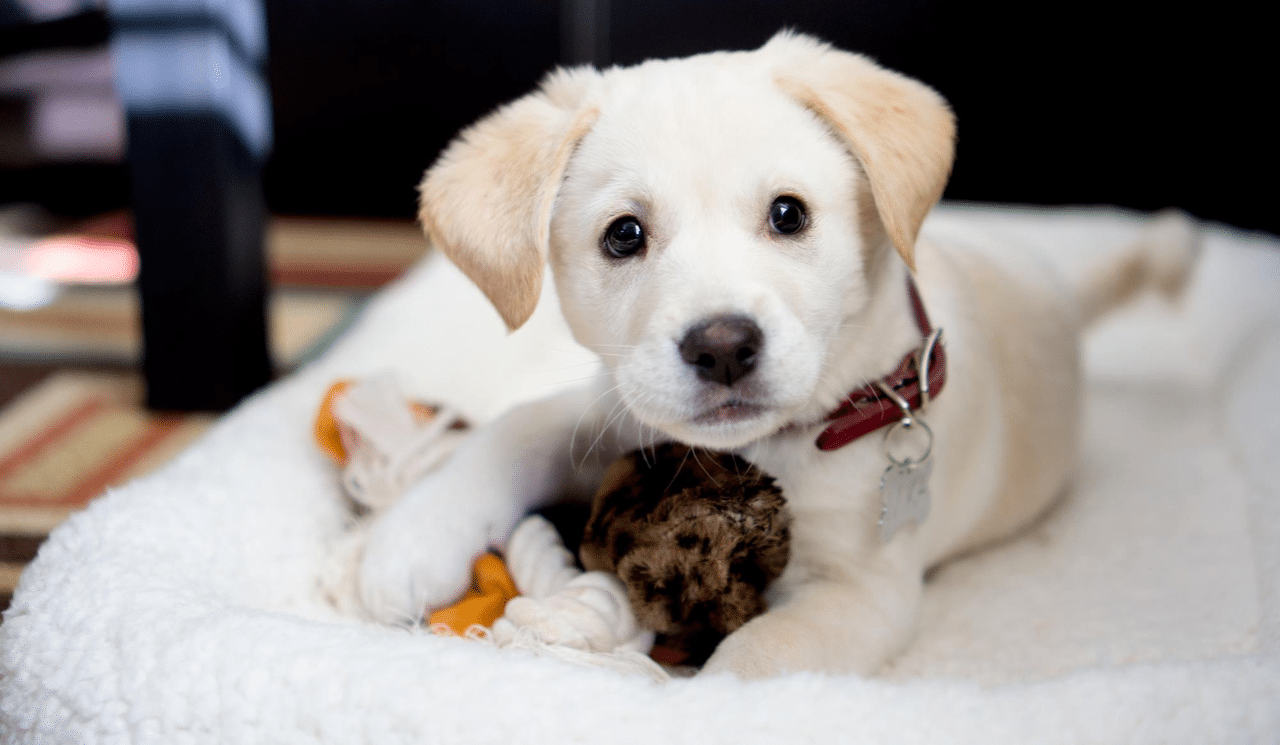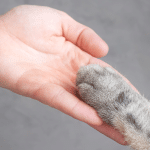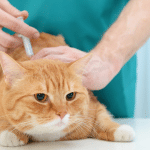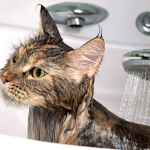Welcoming a new puppy into your home is an exciting and fulfilling experience. Puppies bring joy, love, and companionship, but they also require a lot of time, attention, and care. One of the most important things you can do to ensure your puppy’s safety and well-being is to puppy-proof your home.
Puppies are naturally curious and playful, and they love to explore their environment with their mouth and paws. Unfortunately, this can lead to destructive behaviours that may damage your home and harm your puppy. By taking some simple precautions and following a few guidelines, you can minimise the risks and create a safe and happy home for your new furry friend.
Here are some tips on how to puppy-proof your home:
Secure your belongings
Puppies love to chew and bite on everything, including shoes, furniture, and electrical cords. Make sure to keep these items out of reach or securely stored away. You may also want to use bitter-tasting sprays or deterrents to discourage your puppy from chewing on things they shouldn’t.
Clean up hazards
Puppies are prone to accidents, especially during their first few weeks in a new environment. Make sure to remove any potential hazards, such as toxic plants, cleaning products, and sharp objects. Keep your floors and carpets clean and dry to prevent slips and falls.
Child locking drawers and cupboard
Another important step in puppy-proofing your home is to secure your cupboard doors and drawers with child locks. Puppies are notorious for getting into things they shouldn’t, and the kitchen is often a treasure trove of interesting smells and tastes. By installing child locks on your cupboards and drawers, you can prevent your puppy from accessing potentially dangerous items such as cleaning supplies, sharp objects, or human food.
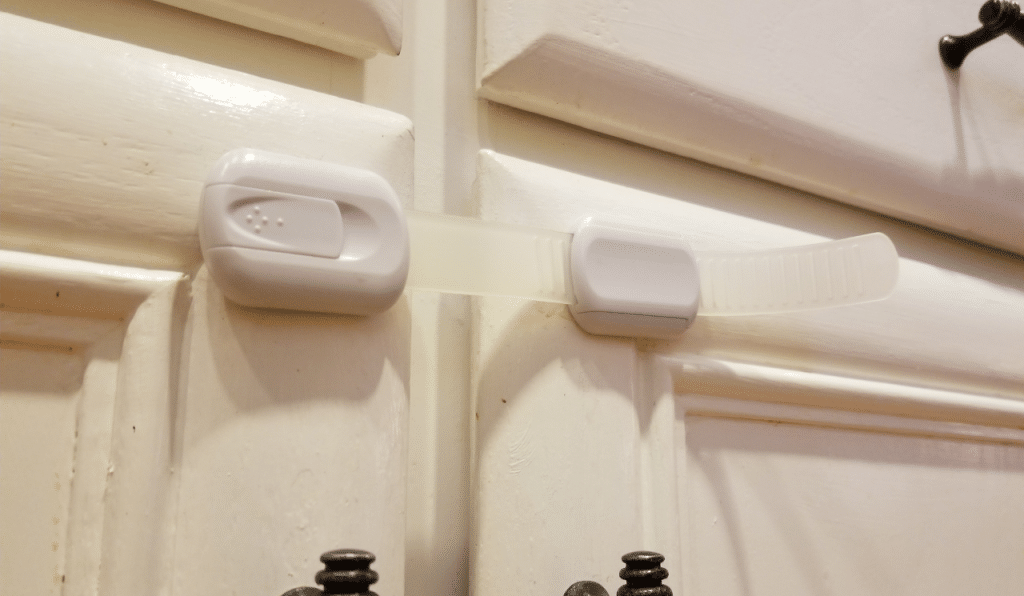
Create a designated area
Puppies need their own space to rest, play, and eat. Consider creating a designated area for your puppy, such as a crate, pen, or room. This can help them feel safe and secure while giving you peace of mind knowing that they are not getting into any trouble.
Install safety gates
Safety gates are a great way to block off areas that you don’t want your puppy to access, such as the kitchen or the stairs. They can also be used to create a safe play area for your puppy.
Provide toys and chews
Puppies need to chew and play to relieve stress and boredom. Make sure to provide them with plenty of toys and chews that are safe and appropriate for their age and size. Avoid giving them anything that can be easily swallowed or that can break into small pieces. Additionally, access to fresh water is a must, especially during treat and feeding times.
By puppy-proofing your home, you can prevent accidents and injuries while promoting a healthy and happy environment for your new puppy. Remember, puppies need time, patience, and consistent training to learn the rules and behaviors expected of them. With love, care, and guidance, your new puppy will become a beloved member of your family in no time. Don’t hesitate to consult with your veterinarian if you have any questions or concerns about your puppy’s health or behavior.

